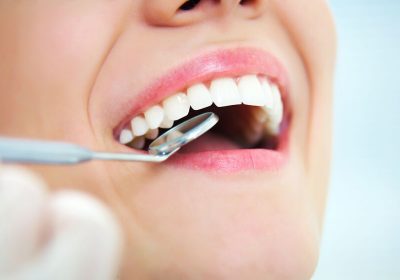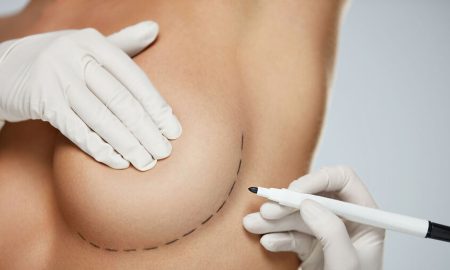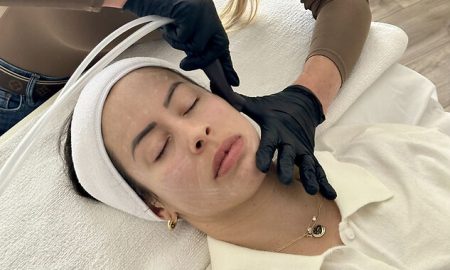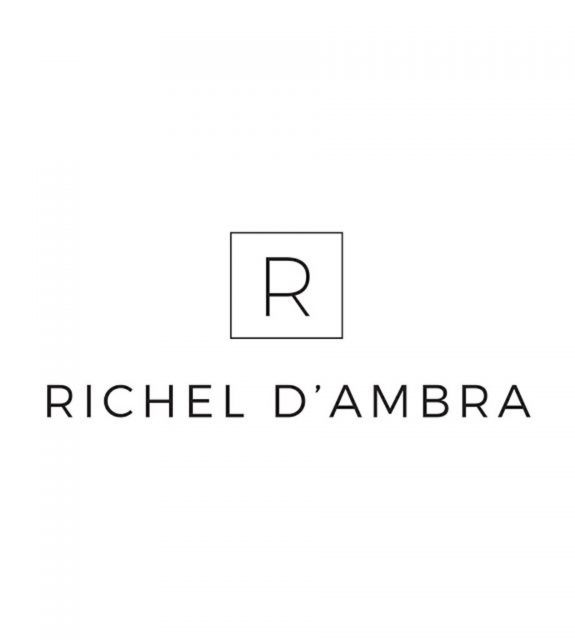Dr. Jeffrey Ayers is excited to share his passion for non-surgical cosmetic services that maintain a natural yet youthful appearance. The field of aesthetics changes often, and Dr. Ayers is a perpetual learner who also enjoys sharing what he learns with newer practitioners. Dr. Ayers has practiced medicine in Utah for 26 years. After joining the National Institute of Medical Aesthetics, he spent 12+ years as their medical director. Dr. Ayers has a bachelor's degree in biology from Westmont College and completed his medical degree at Des Moines University. He then completed his family medicine residency at Camp Pendleton Naval Hospital and served as a staff family doctor in Sasebo, Japan as a commissioned naval officer for three years. Dr. Ayers considers his work as a creative twist to a cool science experiment.
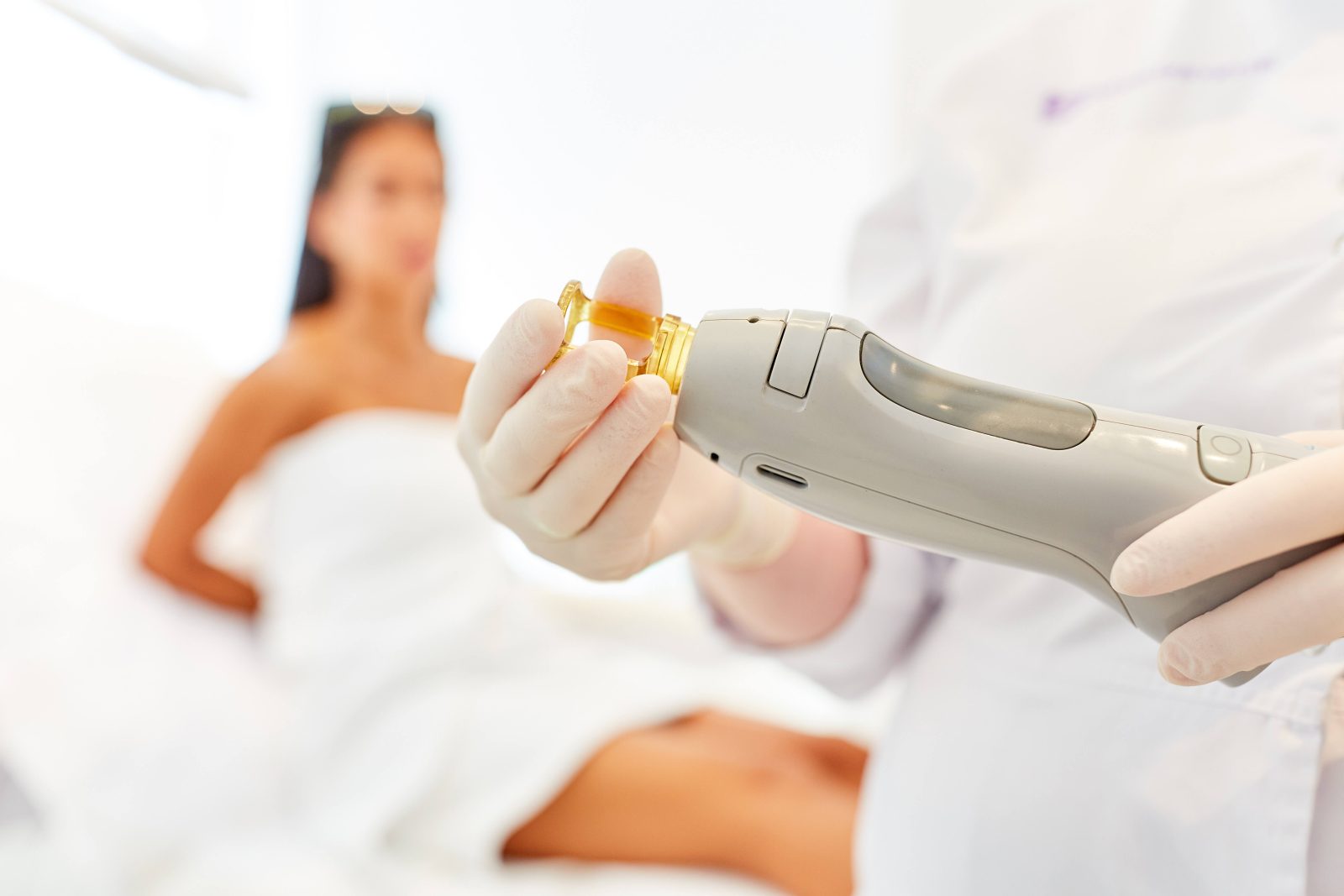
What is considered an aggressive skincare procedure, might you ask? According to Haute Beauty expert Dr. Jeffrey Ayers there are clear boundaries between the very simple skin service and what is noted as "aggressive." A simple example would be comparing a basic facial to a fully ablative CO2 skin resurfacing procedure on the face. These seem obvious. However, many classify "common" procedures as "simple" or with less risk, which should not be assumed, especially when seeking interest in the treatment.
Based upon what CO2 laser is used, the intended result, the body area selected, and the intensity and percentage of coverage, there should always be pretreatment considerations that will be reviewed in a pre-operative consultation. In the conversation, you must discuss at least the following with your medical professional to ensure the best results:
- Expectations of the service
- Medical and surgical history
- Similar procedures done in the past (with results that didn't match expectations)
- Medication used regularly and intermittently (NSAIDS or other natural anticoagulants)
- Skincare products used (Accutane in the past year, Retinol, etc.)
- Product sensitivities
- Recent filler and/or neuromodulators
- History of keloid scarring
- Autoimmune disorders
In the eyes of the professional, it is helpful to know that the area they treated you will have a profound effect at the microscopic levels all the way down to regulating the cell replication, which can have an overall impact on the healing and recovery process.
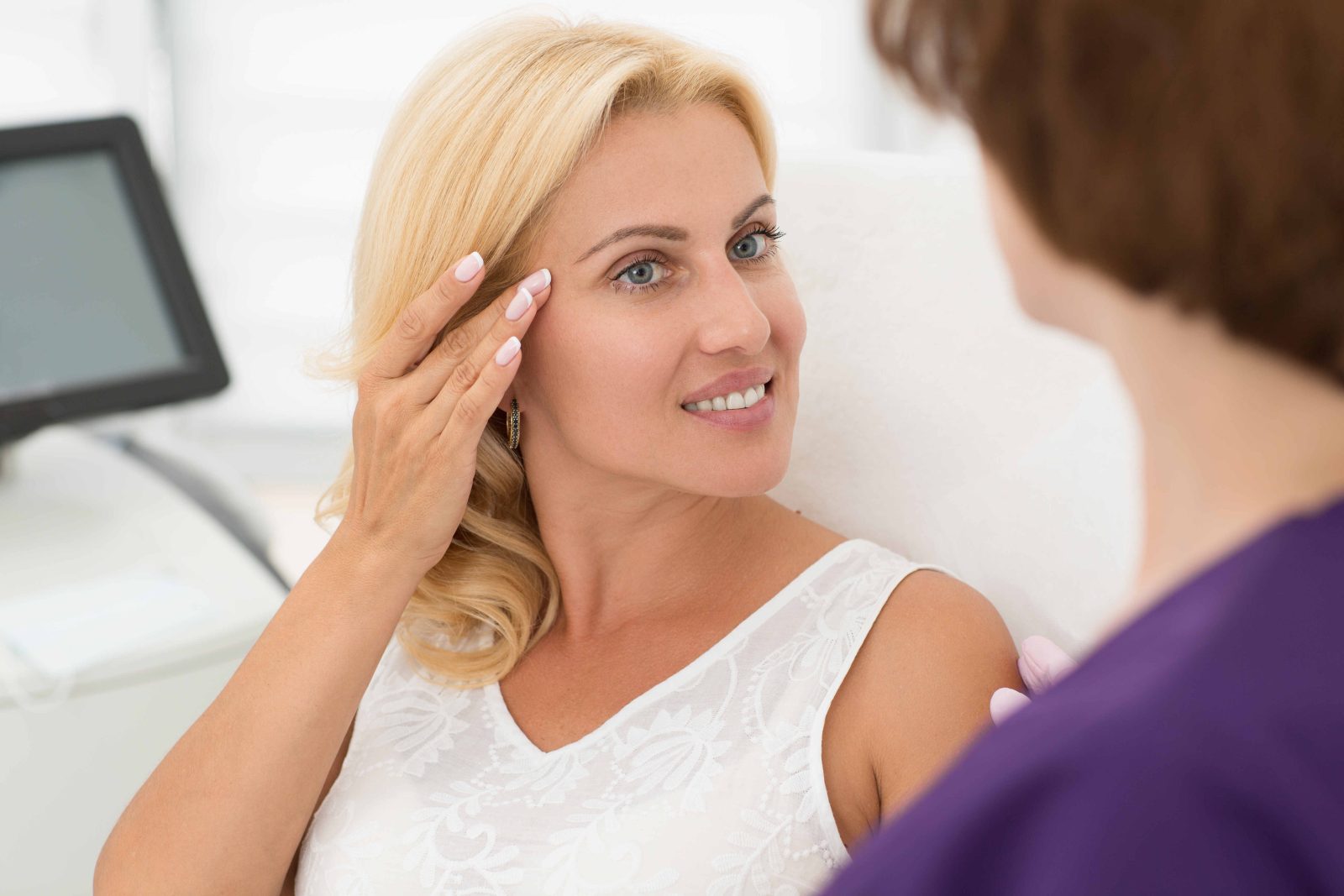
How can you prepare your skin for each of these procedures?
Pretreating the skin with gentle products rich in antioxidants can assist with cellular recovery time. Some are great for aftercare because they are generally pH balanced so that it is tolerated in the treatment area. The most basic prep for a majority of skin procedures is to:
- Avoid the sun and sunless tanner
- Avoid plans of going back into the sun (outdoor sports, vacations, etc.)
- Be certain to be off of Accutane for six to 12 months prior based on your provider's protocols
- Use gentle cleansers and avoid those with active ingredients (acids, enzymes, etc.)
Products to prep the skin are also designed as good aftercare. One of Dr. Ayers's favorites is Alastin Skin Nectar. It has been clinically shown to "up-regulate" the cells in the treatment zone. Some cells are targeted for a "fractional" treatment, and others are left alone. The treated cells can recover quicker with all the cells primed. In addition, they are safe and comfortable to apply after an aggressive treatment when the tissues are at the peak of sensitivity.
Another favorite is the combination of Elta MD Barrier renewal complex and Skin recovery serum. The names imply post-procedure, yet Dr. Ayers recommends it as part of a pretreatment regimen. It is a blend of ceramides and lipids to strengthen the barrier, enzymes, and antioxidants to promote skin cell recovery.
What is the one thing a patient should avoid before a procedure?
Avoid the sun at all costs and wear high-quality sunscreen 2-4 weeks before and after aggressive treatment.
Have procedures been canceled because of a lack of cooperation?
Dr. Ayers feels no shame in canceling a moderate to aggressive skin treatment when there has been recent sun exposure, or they just finished a course of Accutane treatment. However, the risk outweighs the "hope" of not experiencing complications and all the work necessary to fix something that may not be fixable.
What will happen if a patient does not listen to pre-op guidelines?
Blistering, scarring, hypo, or hyperpigmentation may make the skin look worse than the pretreated condition.






